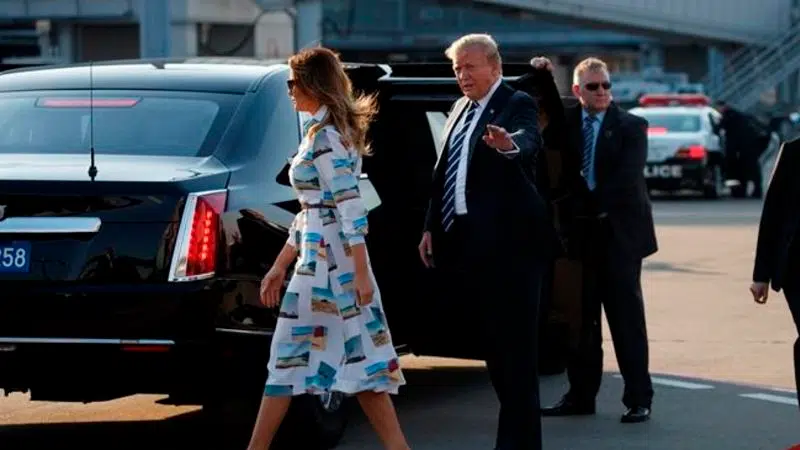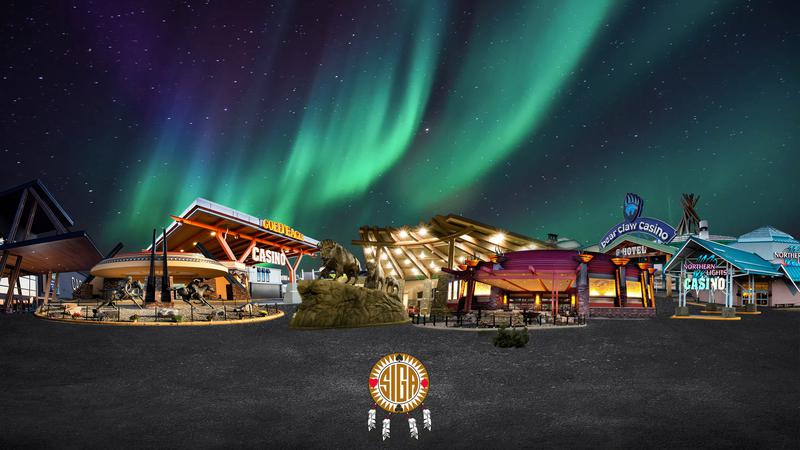
Trump opens state visit, needles Japan over trade issues
TOKYO — President Donald Trump opened a state visit to Japan on Saturday by needling the American ally over its trade imbalance with the United States. “Maybe that’s why you like me so much,” he joshed.
Trump also promoted the U.S. under his leadership, saying “there’s never been a better time” to invest or do business in America, and he urged corporate leaders to come.
The president’s first event after arriving in Tokyo was a reception with several dozen Japanese and American business leaders at the U.S. ambassador’s residence. He said the two countries “are hard at work” negotiating a trade agreement .


